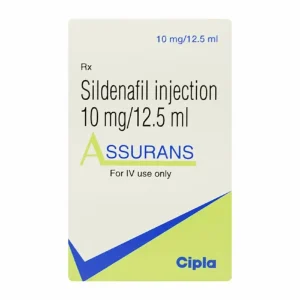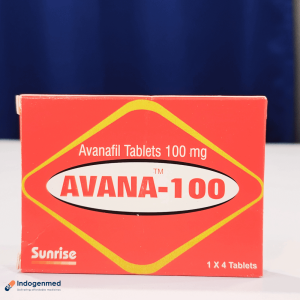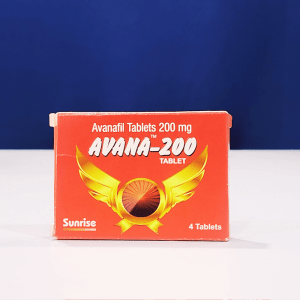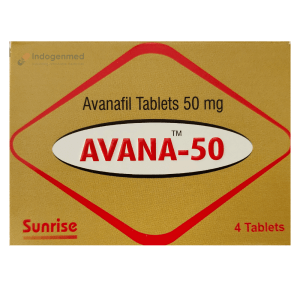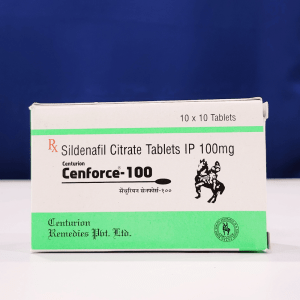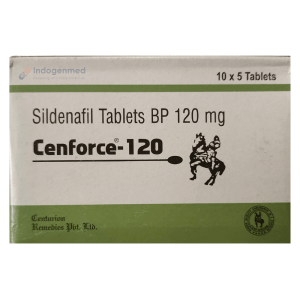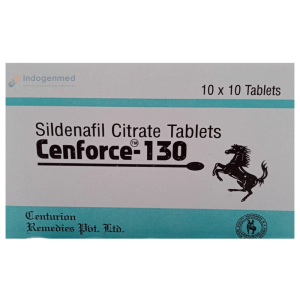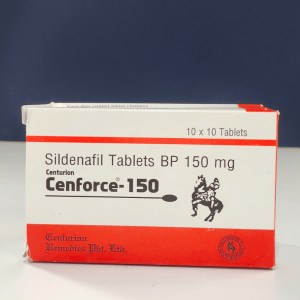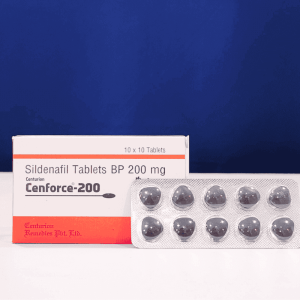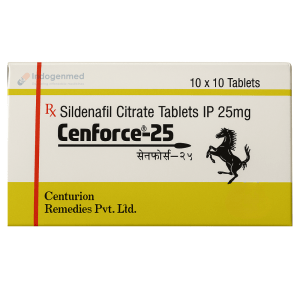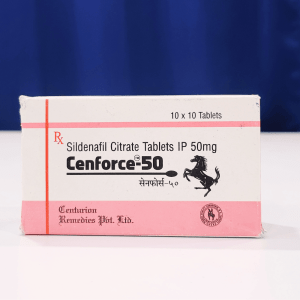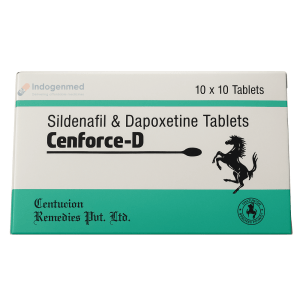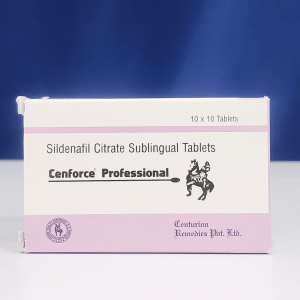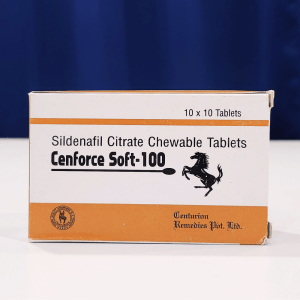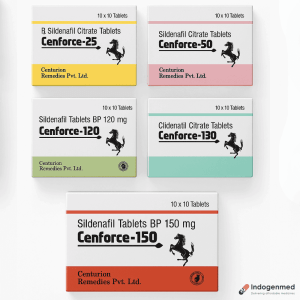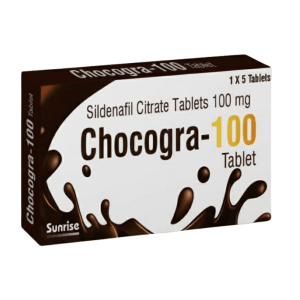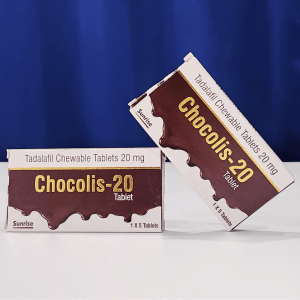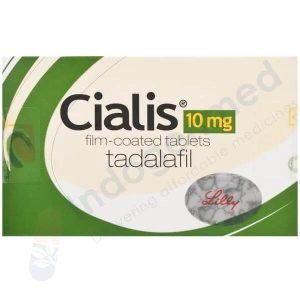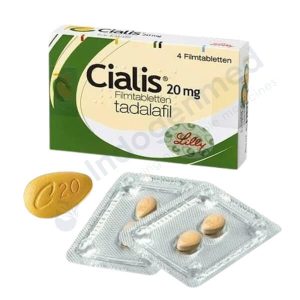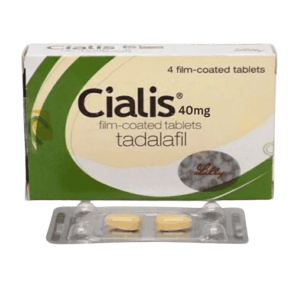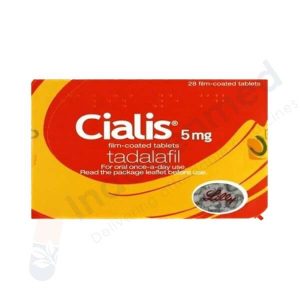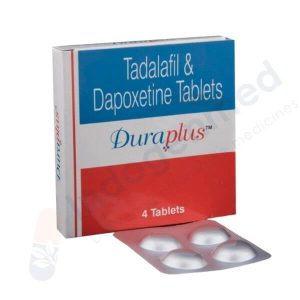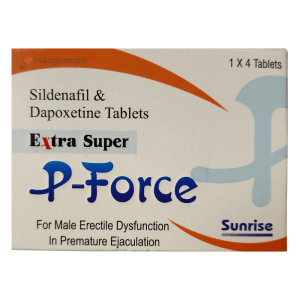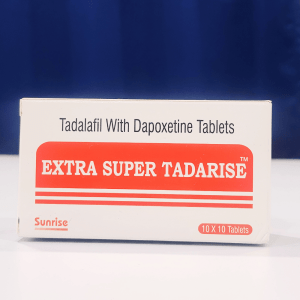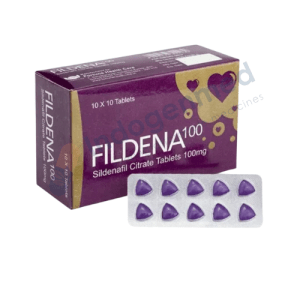Erectile Dysfunction
Apcalis-sx 20 mg Oral Jelly
Avana 100 mg Tablets
Avana 200 mg Tablets
Avana 50 mg Tablets
Cenforce 100 mg Tablets
Cenforce 120 mg Tablets
Cenforce 130 mg Tablets
Cenforce 150 mg Tablets
Cenforce 200 mg Tablets
Cenforce 25 mg Tablets
Cenforce 50 mg Tablets
Cenforce D Tablets
Cenforce Oral Jelly
Cenforce Professional 100 mg Tablets
Cenforce Soft 100 mg Tablets
Cenforce Tablets
Chocogra 100 mg Tablet
Chocolis 20 mg Chewable Tablet
Cialis 10 mg Tablets
Cialis 20 mg Tablets
Cialis 40 mg Tablets
Cialis 5 mg Tablets
Cialis 60 mg Tablets
Duraplus Tablet
Extra Super Avana Tablets
Extra Super P Force Tablets
Extra Super Tadarise Tablets
Extra Super Zhewitra
Fildena 100 mg Tablet
Recently Viewed Products
Table of Contents
Erectile dysfunction (ED) is a prevalent men's health issue characterized by difficulty in achieving or maintaining an erection firm enough for sexual activity. This condition affects millions globally and can significantly impact physical and emotional well-being.
While it is more common in older men, ED can affect younger individuals as well due to factors such as stress, poor lifestyle habits, or underlying medical conditions. In many cases, ED is not an isolated problem but rather a sign of another health issue, such as cardiovascular disease or diabetes, highlighting the importance of early diagnosis and treatment.
Advances in ED treatment have introduced various solutions, including medications, lifestyle changes, and psychological support.
Key Facts
- Global Prevalence: Approximately 322 million men worldwide are projected to experience erectile dysfunction (ED) by 2025, a significant increase from 152 million in 1995.
- Age and ED: The prevalence of ED increases with age from 17% in men aged 40-49 to 82.9% in men aged 70 and older.
- Statistics by Age Group:
- About 40% of men are affected by ED at age 40.
- Nearly 70% of men are affected by age 70.
- Severity of ED: Among those with ED, the severity distribution is:
- Mild: approximately 76.9%.
- Moderate: about 16.3%.
- Severe: around 5.7%.
- Risk Factors: Common risk factors for ED include:
- Age
- Diabetes mellitus
- Hypertension
- Cardiovascular disease
- Psychological issues (e.g., anxiety, depression)
- Psychological Impact: Erectile dysfunction significantly affects mood, interpersonal relationships, and overall quality of life, highlighting its importance as a public health concern.
- Undiagnosed Cases: ED is often underdiagnosed and undertreated, making accurate prevalence estimation challenging.
- Comorbidities: Men with conditions like diabetes or cardiovascular diseases show higher rates of ED, with estimates indicating that up to 75% of diabetic men may experience erectile difficulties.
- Treatment Options: Range from oral medications (commonly known as ED pills or erectile dysfunction pills) to surgical procedures and psychological counseling.
- Holistic Approach: Research has shown that a multidisciplinary approach often yields the best results, combining medication, lifestyle adjustments, and therapy.
Symptoms
Common Symptoms
Erectile dysfunction can present in various ways, ranging from mild to severe. Common symptoms include:
- Difficulty initiating an erection when sexually aroused.
- Inability to maintain a firm erection during intercourse, resulting in unsatisfactory sexual experiences.
- Reduced sexual desire or libido, followed by feelings of frustration and low self-esteem.
- Variability in performance, where a man may experience normal erectile function in some situations but not others.
- Psychological distress, such as performance anxiety, can create a cycle that exacerbates the problem.
- Intermittent episodes may eventually progress to a more persistent issue if left untreated.
ED According to Severity
Erectile dysfunction (ED) can be classified into various severity levels based on the International Index of Erectile Function (IIEF) and the American Urological Association (AUA) guidelines.
IIEF Classification
The IIEF is a widely used tool that assesses erectile function through a series of questions, yielding scores that categorize the severity of ED as follows:
- No ED: EF score of 26 to 30
- Mild ED: EF score of 22 to 25
- Mild to Moderate ED: EF score of 17 to 21
- Moderate ED: EF score of 11 to 16
- Severe ED: EF score of 6 to 10
This classification allows for a nuanced understanding of erectile function, helping clinicians tailor treatment options based on severity.
AUA Guidelines
The AUA also provides a framework for understanding ED severity, aligning closely with the IIEF but focusing more on clinical implications and management strategies. The AUA emphasizes the importance of assessing not just erectile function but also underlying health conditions that may contribute to ED.
- Mild ED: Characterized by occasional difficulty in achieving or maintaining an erection but with sufficient function for satisfactory sexual activity.
- Moderate ED: More frequent difficulties that may require intervention; patients may struggle to achieve erections consistently.
- Severe ED: Persistent inability to achieve or maintain an erection suitable for sexual intercourse, often requiring more intensive treatment options.
The AUA recommends using validated questionnaires like the IIEF or its shorter version (IIEF-5) for assessing the severity and impact of ED.
It stresses that ED can be a marker for underlying health issues such as cardiovascular disease, necessitating a thorough medical evaluation.
Causes
The reasons behind erectile dysfunction are complex and often multifactorial. Understanding what causes erectile dysfunction involves examining several interrelated factors:
Physical Causes:
- Cardiovascular diseases that limit blood flow to the penis, such as atherosclerosis, hypertension, and high cholesterol.
- Diabetes can damage nerves and blood vessels responsible for erectile function.
- Neurological disorders, including Parkinson’s disease and multiple sclerosis, interfere with the nerve signals needed for an erection.
- Hormonal imbalances, especially low testosterone levels, can diminish sexual desire and performance.
- Certain medications that may have side effects contributing to ED include antidepressants and antihypertensives.
Psychological Causes:
- Stress and anxiety can interrupt the psychological stimulus required for arousal.
- Depression is often linked with a reduced interest in sexual activity and impaired performance.
- Relationship issues that create emotional distance and hinder intimacy.
- Past traumatic experiences or negative associations with sexual activity.
Lifestyle Factors:
- Smoking and excessive alcohol consumption can damage blood vessels and impair circulation.
- A sedentary lifestyle and obesity are closely related to cardiovascular health and overall energy levels.
- Poor dietary habits can lead to chronic diseases impacting vascular health.
Types
Erectile dysfunction can be broadly categorized into several types, each defined by the onset and nature of the condition. These classifications help healthcare providers determine the most appropriate treatment options:
Primary ED:
- This form of ED is present from the very first sexual encounter. Men with primary ED have never experienced normal erectile function.
- Often linked to congenital issues or severe physiological abnormalities, primary ED may require specialized interventions that go beyond common ED pills or standard erectile dysfunction medicine.
Secondary ED:
- More common than primary ED, secondary erectile dysfunction develops after a period of typical sexual performance.
- It is usually associated with lifestyle changes, aging, or other medical conditions such as diabetes or cardiovascular disease.
- Treatment in these cases often focuses on managing the underlying health issues as well as direct treatment of ED.
Situational ED:
- In this type, erectile difficulties occur only in specific scenarios, such as with a particular partner or under stressful circumstances.
- Situational ED is more likely to have psychological underpinnings, and treatment may involve counseling and therapy in addition to medications.
Mixed ED:
- Many cases of ED involve a combination of physical and psychological factors, making it a mixed type.
- This form requires a comprehensive treatment approach that addresses both the underlying physiological issues and the emotional factors that contribute to the condition.
Risk Factors
Certain factors increase the likelihood of developing erectile dysfunction. These risk factors include both modifiable and non-modifiable elements:
Age:
- While ED is more common in men over 40, it is not exclusive to older adults.
- Younger men can also experience ED, particularly when lifestyle or psychological issues are present.
Medical Conditions:
- Chronic illnesses such as diabetes, hypertension, and cardiovascular diseases are strongly associated with ED.
- Hormonal imbalances, including low testosterone, also increase the risk.
Lifestyle Choices:
- Smoking is a major contributor to ED.
- Excessive alcohol intake can lead to temporary or long-term erectile issues.
- Lack of physical activity and poor diet contribute to obesity, which in turn increases the risk of ED.
Psychological Factors:
- Chronic stress, anxiety, and depression have been linked to the development of ED.
- Relationship difficulties and unresolved emotional issues further complicate the condition.
Medications:
- Certain drugs, especially those used for high blood pressure, depression, and other conditions, may have side effects that include erectile dysfunction.
By identifying and managing these risk factors, many men can reduce their likelihood of developing ED or mitigate its severity with timely intervention and appropriate ED treatment.
Diagnosis
The diagnosis of erectile dysfunction begins with a comprehensive evaluation that may include the following methods:
Medical History Review:
- Discuss symptoms, medical background, lifestyle habits, and medication use thoroughly with a healthcare provider.
- This step is essential to pinpoint possible underlying conditions causing ED.
Physical Examination:
- A focused physical exam assesses overall health, including blood pressure, heart rate, and body mass index.
- A genital examination may also rule out anatomical abnormalities or signs of hormonal issues.
Laboratory Tests:
- Blood tests evaluate blood sugar levels, cholesterol, and hormone levels, particularly testosterone, which can be a critical factor in ED.
- Urine tests may also be conducted to check for signs of diabetes or other metabolic conditions.
Imaging Studies:
- Ultrasound examinations, such as penile Doppler ultrasound, can help visualize blood flow in the penile arteries.
- It can identify any vascular issues that might be interfering with erectile function.
Nocturnal Penile Tumescence (NPT) Testing:
- This test monitors erections during sleep to determine if the ED is physical or psychological.
- A device is worn around the penis overnight to measure the number and quality of nocturnal erections.
Psychological Evaluation:
- Given that stress, anxiety, and depression can be major contributors to ED, psychological assessments are often a key component of the diagnostic process.
- This may involve standardized questionnaires and interviews to evaluate mental health status.
Understanding what causes erectile dysfunction is pivotal during diagnosis, as it helps determine whether the problem is primarily physical, psychological, or a combination of both.
Prevention
Preventing erectile dysfunction essentially involves managing overall health and adopting a healthy lifestyle. The following preventive measures can help lower the risk:
Healthy Diet:
- Emphasize a balanced diet rich in fruits, vegetables, lean proteins, and whole grains.
- Avoid excessive processed foods, sugars, and unhealthy fats that may contribute to obesity and cardiovascular issues.
Regular Exercise:
- Daily, moderate physical activity for at least 30 minutes to maintain cardiovascular health and improve circulation.
- Walking, jogging, swimming, and cycling can help improve overall stamina and reduce stress.
Quit Smoking:
- Smoking damages blood vessels and reduces blood flow to the penis, making it a significant risk factor for ED.
- Cessation programs and support groups can be very effective in helping individuals overcome nicotine addiction.
Limit Alcohol Consumption:
- Excessive alcohol intake is associated with temporary erectile issues and, over time, may lead to chronic ED.
- Moderation and mindful drinking can help reduce this risk.
Stress Management:
- Incorporate stress-reducing activities such as yoga, meditation, and deep breathing exercises into your daily routine.
- Seeking professional counseling or therapy can also be beneficial, especially if stress and anxiety are persistent.
Regular Health Check-Ups:
- Routine visits to your healthcare provider can help detect early signs of conditions like diabetes and hypertension that are linked to ED.
- Early intervention is key in preventing the progression of these conditions into more severe erectile dysfunction.
By implementing these preventive strategies, many men may significantly reduce their risk of developing ED and improve their overall sexual and physical health.
Specialists to Visit
When dealing with erectile dysfunction, several healthcare professionals can provide valuable support and treatment:
Urologist:
- A specialist in male reproductive health who can diagnose and manage ED.
- Provides expertise in both surgical and non-surgical treatment options, including ED pills and other erectile dysfunction medicine.
Endocrinologist:
- It focuses on hormonal imbalances and metabolic disorders that can contribute to ED.
- This is essential in cases where low testosterone or diabetes is a factor.
Cardiologist:
- Evaluate and treat cardiovascular conditions that may affect blood flow and contribute to ED.
- A cardiovascular evaluation is often critical, given the close link between heart health and erectile function.
Psychologist/Psychiatrist:
- Offers counseling and therapy to address psychological issues such as stress, anxiety, or depression that may be causing or worsening ED.
- Helps manage performance anxiety and relationship issues that are often associated with the condition.
Consulting the appropriate specialist ensures a thorough evaluation and a customized treatment plan that addresses all contributing factors.
Treatment Options
There are a variety of treatment options available for erectile dysfunction, ranging from medications to lifestyle modifications and surgical interventions.
The optimal treatment plan depends on the underlying cause, severity of the condition, and individual health factors.
1. Medications
- PDE-5 Inhibitors: These are the first-line treatment for ED and include:
- Sildenafil (Viagra): Increases blood flow to the penis in response to sexual stimulation.
- Tadalafil (Cialis): Known for its longer duration of action, effective for up to 36 hours.
- Vardenafil (Levitra): Similar to sildenafil, it enhances erectile function.
- Avanafil (Stendra): A newer option with a faster onset of action.
- Testosterone Replacement Therapy: For men with low testosterone levels, this therapy may improve erectile function when hormonal imbalance is a contributing factor.
- Urethral Suppositories: Medications can be delivered directly into the urethra using a small pellet, leading to an erection within about 10 minutes.
- Penile Injections: Self-administered injections of medications that increase blood flow can provide an erection in about 10–20 minutes.
2. Lifestyle Changes
- Exercise: Regular physical activity improves overall health and blood circulation, which can enhance erectile function.
- Weight Management: Maintaining a healthy weight can reduce the risk of diabetes and cardiovascular diseases contributing to ED.
- Dietary Adjustments: A heart-healthy diet rich in fruits, vegetables, whole grains, and healthy fats (like the Mediterranean diet) supports vascular health.
- Quitting Smoking: Reducing or eliminating tobacco use can improve blood flow and overall erectile function.
- Limiting Alcohol: Lowering alcohol intake can help improve sexual performance, as excessive drinking may impair erectile function.
3. Medical Procedures
- Vacuum Erection Devices (VED): These devices create a vacuum around the penis, drawing blood into it and causing an erection. A constriction ring is then placed at the base to maintain the erection.
- Penile Implants: Surgical options include inflatable or malleable implants that allow men to achieve an erection mechanically.
- Vascular Surgery: In select cases where blood flow issues are identified, surgical procedures may bypass blocked arteries or repair damaged vessels.
4. Emerging Treatments
- Low-Intensity Extracorporeal Shock Wave Therapy (LI-ESWT): This experimental treatment aims to improve blood flow by promoting new blood vessel growth in the penis.
- Stem Cell Therapy: Research is ongoing into using stem cells to regenerate penile tissue and restore erectile function.
5. Psychological Counseling
- Therapy and counseling can help address performance anxiety and other psychological factors contributing to ED.
- Cognitive-behavioral therapy and couples counseling are common approaches.
6. Combination Therapy
- Many treatment plans use a combination of medications, lifestyle changes, and psychological support to achieve the best results.
- A comprehensive approach often yields a higher success rate and improves overall sexual satisfaction.
Choosing the right treatment option requires close consultation with a healthcare professional who can evaluate individual symptoms and recommend the most effective course of action.
Home Care & Lifestyle Changes
In addition to professional treatment, many men can manage and improve their symptoms through dedicated home care and lifestyle changes:
Regular Physical Activity:
- Engage in at least 30 minutes of exercise daily to enhance cardiovascular health and reduce stress.
- Brisk walking, cycling, and swimming are excellent for improving blood circulation.
Balanced Diet:
- Focus on heart-healthy foods like fruits, vegetables, lean proteins, and whole grains to support vascular health.
- Avoid foods high in saturated fats and sugars, as they can contribute to obesity and vascular issues.
Stress Reduction:
- Practice mindfulness techniques such as meditation, yoga, or deep breathing exercises to manage stress.
- Reducing stress can improve overall mental health and positively impact erectile function.
Adequate Sleep:
- Maintain a consistent sleep schedule and create a relaxing bedtime routine.
- Quality sleep is essential, as fatigue can worsen ED symptoms.
Limit Alcohol & Quit Smoking:
- Reduce alcohol intake and eliminate smoking to improve blood circulation.
- Both habits negatively affect vascular health, which is critical for achieving and maintaining an erection.
Regular Medical Monitoring:
- Schedule routine health check-ups to monitor blood pressure, cholesterol, and other vital health markers.
- Early detection of conditions like diabetes and hypertension can help prevent ED from worsening.
Complications
If left untreated, erectile dysfunction can lead to several complications that affect various aspects of a man’s life:
Cardiovascular Problems:
- ED can be an early warning sign of heart disease.
- Reduced blood flow to the penis may indicate underlying vascular issues, increasing the risk of heart attacks or strokes.
Psychological Effects:
- Persistent ED can lead to anxiety, depression, and low self-esteem.
- The stress of dealing with ED may affect social interactions and work performance.
Relationship Strain:
- Sexual performance difficulties can cause tension and conflict in intimate relationships.
- Partners may feel rejected or emotionally disconnected, further complicating the relationship.
Reduced Quality of Life:
- ED can negatively impact self-image and confidence, leading to social withdrawal.
- The combination of physical and psychological stress may significantly lower overall well-being.
Addressing ED promptly and effectively is essential not only for sexual health but also for long-term physical and emotional well-being.
Comorbidities
Erectile dysfunction is frequently associated with several other health conditions. Recognizing these comorbidities is essential for a comprehensive treatment approach:
- Hypertension: High blood pressure damages blood vessels, reducing blood flow to the penis.
- Diabetes: Can cause nerve damage and poor circulation, both of which are major contributors to ED.
- Obesity: Excess weight raises the risk of cardiovascular disease, which is closely linked to ED.
- Depression and Anxiety: Psychological conditions often coexist with ED, making treatment more complex.
- Metabolic Syndrome: A combination of high blood pressure, high blood sugar, and abnormal cholesterol increases the risk of heart disease and ED.
Alternative Therapies
Some men choose to complement their conventional treatment with alternative therapies. Although these therapies may not replace standard ED treatment, they can serve as useful adjuncts:
- Acupuncture: An ancient practice believed to improve energy flow and reduce stress, potentially alleviating ED symptoms.
- Herbal Remedies: Natural supplements such as ginseng, yohimbine, and L-arginine have been traditionally used to support erectile function. It is important to consult with a healthcare provider before using any herbal supplements, as they may interact with other medications.
- Yoga and Meditation are practices that promote relaxation and stress relief, which can be beneficial in managing performance anxiety and overall mental health.
- Nutritional Supplements: Certain vitamins and minerals, particularly those that support cardiovascular health, may be useful when incorporated into a balanced diet.
- Mind-Body Techniques: Techniques such as biofeedback and cognitive-behavioral therapy can help manage the psychological components of ED.
FAQs
Below are some frequently asked questions that address common concerns related to erectile dysfunction:
Q: Can erectile dysfunction be cured?
A: In many cases, ED can be managed or reversed by addressing underlying causes. Lifestyle changes, ED treatment, and counseling can be highly effective.
Q: What causes erectile dysfunction?
A: ED can result from physical conditions like heart disease, diabetes, and hormonal imbalances, as well as psychological factors such as stress and anxiety. Lifestyle choices like smoking and alcohol use also contribute.
Q: How long does a temporary ED last?
A: It can last from a few days to months, depending on factors like stress or alcohol use. If it persists, seek medical advice.
Q: What is the maximum dose of tadalafil for ED?
A: The typical maximum dose is 20 mg daily, but consult a doctor before adjusting your medication.
Q: Are there natural remedies for ED?
A: Yes, exercise, a healthy diet, and stress management can help. Some supplements may also be beneficial, but consult a doctor first.
Q: Is ED a sign of other health problems?
A: Yes, ED can signal cardiovascular disease or other serious health issues. It’s important to get checked by a doctor.
Q: What should I do if I have ED symptoms?
A: If ED persists, consult a healthcare provider to identify underlying causes and get appropriate treatment.
References
- https://my.clevelandclinic.org/health/diseases/10035-erectile-dysfunction
- https://www.nhs.uk/conditions/erection-problems-erectile-dysfunction/
- https://www.webmd.com/erectile-dysfunction/understanding-erectile-dysfunction-basics
- https://www.mayoclinic.org/diseases-conditions/erectile-dysfunction/symptoms-causes/syc-20355776
- https://pubmed.ncbi.nlm.nih.gov/10444124
Disclaimer
This content is provided for informational purposes only and is not intended to replace professional medical advice. The information herein should not be used as a substitute for consultation with a qualified healthcare provider.
Always seek the advice of your physician or another qualified health professional regarding any questions you may have about a medical condition. The use of any information provided is solely at your own risk. Individual results may vary, and it is essential to have a personalized evaluation before beginning any treatment for erectile dysfunction


